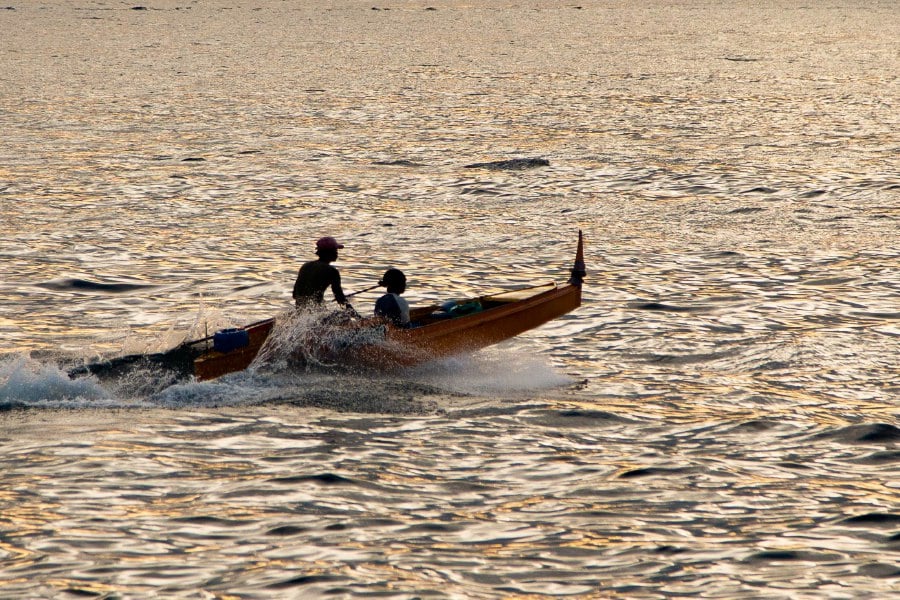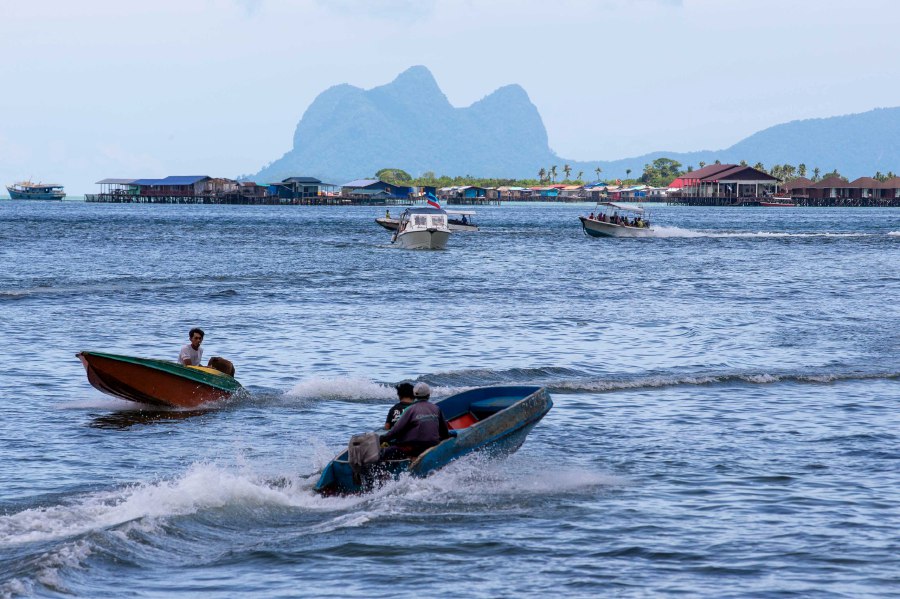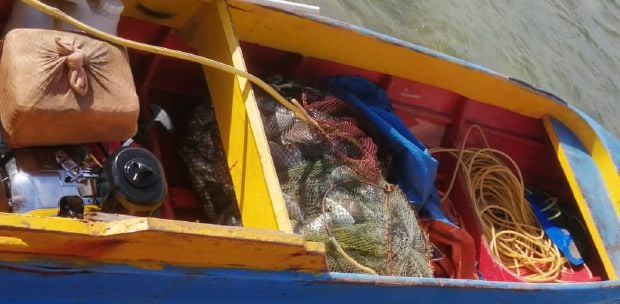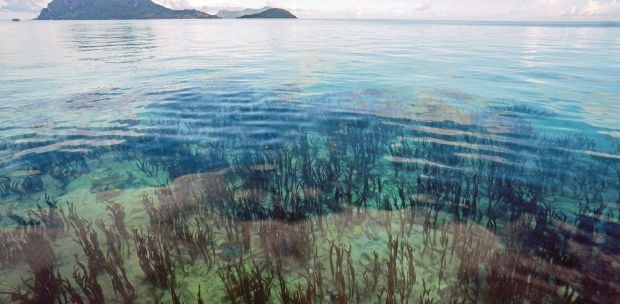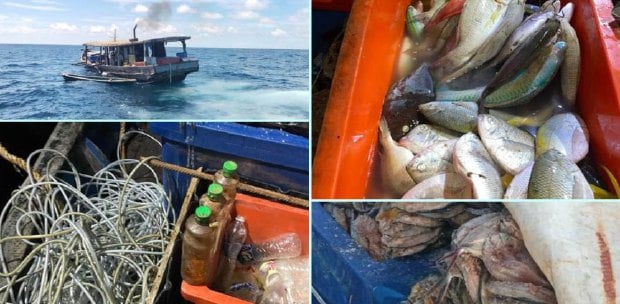SEMPORNA: Nestled along the eastern coast of Sabah, Malaysia, Semporna is undoubtedly a paradise for tourists seeking serene landscapes, vibrant marine life, and cultural diversity.
With its crystal-clear waters, breathtaking coral reefs, and picturesque islands like Sipadan and Mabul, Semporna attracts diving enthusiasts from around the globe.
According to a company managing the Semporna tourist jetty, the district recorded more than 400,000 tourists, with over 215,000 being foreigners last year.
However, amid its natural splendour, Semporna faces significant threats that jeopardise its ecological integrity and tourism potential.
One of the most pressing issues is fish bombing, an illegal fishing method that utilises explosives to catch fish, causing extensive damage to coral reefs and marine habitats.
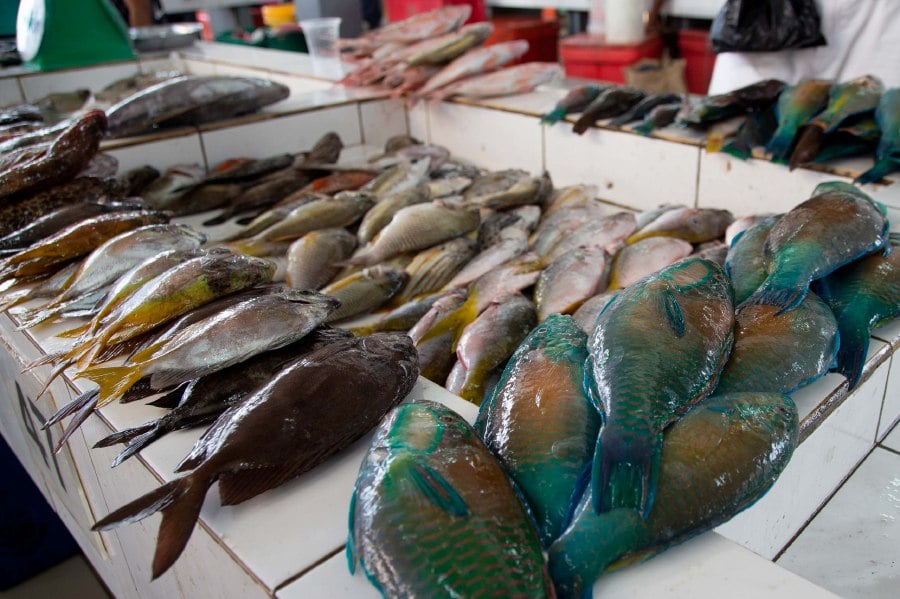
Despite efforts by local authorities and conservation organisations to curb this destructive practice, fish bombing remains prevalent, posing a grave threat to marine biodiversity and the sustainability of Semporna's marine tourism industry.
An operator, who wished to remain anonymous, said the bombing situation has never improved compared to when he was interviewed by New Straits Times in November 2022.
"Semporna waters are so vast. There are areas where after bombing, the perpetrators would hide on nearby islands.
"When we made reports upon sighting of them, the police usually responded very fast, but the enforcement needed to increase their frequency of patrolling," he said, adding that his team had chased after fish bombers and surrendered them to the police.
District police chief superintendent Mohd Farhan Lee Abdullah said throughout last year, the Semporna police marine had conducted 25 operations and 352 water patrols to prevent crimes, including fish bombings conducted by local fishermen.
"The patrols involved the usage of five boats a day covering Semporna waters. Based on the patrolling and surveillance by marine police, 10 suspects involved in the bombing were arrested in eight separate cases.
"All suspects were arrested for possessing items to make fish bombs and their catches believed to be caught from fish blasting," he told the NST.
Mohd Farhan said eight suspects together with their fish, boats, engines, and other tools were handed over to Sabah Fisheries for further action under the Fisheries Act 1985.
The total seizure value of cases involving fish bombing activities in the waters of Semporna throughout the year 2023 is estimated to be RM59,190, including the seizure of eight boats, 12 engines, and other equipment.
Meanwhile, another two were charged under Section 8 of the Explosives Material Act 1957 and have been sentenced to eight years in jail.
Farhan said the police force is indeed facing challenges such as lacking in terms of manpower, assistance from other agencies, information from the public, as well as the bombing activities happening in shallow water where it is difficult for police to patrol.
"Efforts to combat and address fish bombing activities need to be intensified because this activity not only damages the valuable marine ecosystem but also poses a danger to human lives.
"The police are taking aggressive action to gather intelligence to halt the spread of this activity."


